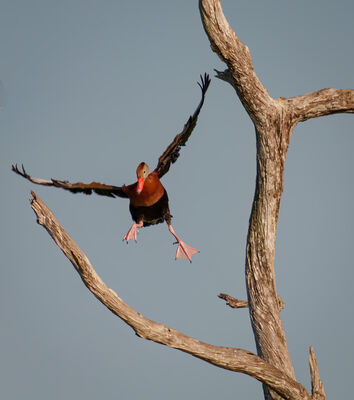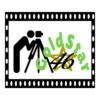My Rant For Today
Jan 7, 2024 14:20:30 #
JohnSwanda wrote:
There is a big difference between forensic photography and creative photography. An artist has no duty to disclose his techniques.
I 99% agree with you. The 1% exception is when someone else’s work is incorporated into one’s image. Obviously, if for personal use, it doesn’t matter. But if presented in a group setting, or if displayed publicly, I feel disclosure is fair. There can be plagiarism in art, just as in writing.
The Death Valley image I mentioned is a gray area. Is the photographer obligated to disclose the extreme editing? No. But it would have been more cool to label the image, “Death Valley Composite “ or something like that and not “Nighttime in Death Valley”. I think different people have different sensibilities when it comes to extreme editing, and there’s not a right or a wrong.
Jan 7, 2024 19:09:17 #
bkwaters wrote:
Are we confusing artistic technique with appropriate credit? Using someone else's work demands a credit, as a Harvard professor, who should have known better, recently found out. I 99% agree with you. The 1% exception is when som... (show quote)
How hard is it to say "this part was from ..." ??
Re the Death Valley composite. Because most digital images are retouched before publishing, if the image is not labeled SOOC, or if the image is not a press image, then I assume artistic license, a.k.a. retouching including composite, took place. Yeah it would have been informative to state it was a composite but I don't feel it was in any way necessary to state that. Just saying.
Jan 7, 2024 20:12:07 #
Jan 7, 2024 20:19:33 #
Jan 8, 2024 22:30:31 #
scallihan
Loc: Tigard, OR
DirtFarmer wrote:
I have no objection to requiring full disclosure i... (show quote)
What he said . . .
Jan 9, 2024 01:36:59 #
DirtFarmer wrote:
..... Why is it not OK to correct errors to present an image as something that documents the 'normal condition' of the subject?....
Taking that idea a step further, it should be OK to present an image that portrays how it would have been under better circumstances. Better still, portray how it would have been in ideal conditions. If reality doesn't present us with ideal conditions but we're capable of envisaging what those ideal conditions would have been like and we have the means to PP a shot to portray those conditions, is that cheating or morally or ethically wrong?
Jan 9, 2024 06:57:43 #
Rongnongno wrote:
You do not like their choice of section when posting? It is YOUR issue, no one else's.
That's rich, coming from you. It seems like you are loaded with issues.

Jan 9, 2024 18:47:11 #
Jan 9, 2024 19:02:28 #
CHG_CANON wrote:
Those who can do, do. Those who cannot, complain.
=====================================
And, the 'smart ones' who cannot, will find a way to learn how...



Cheers
Goldstar46
George
###
If you want to reply, then register here. Registration is free and your account is created instantly, so you can post right away.





